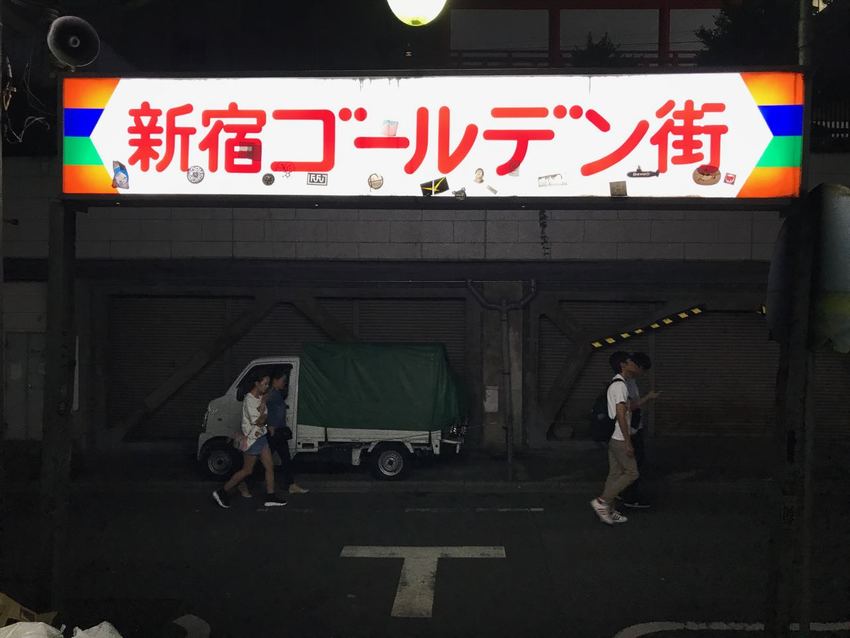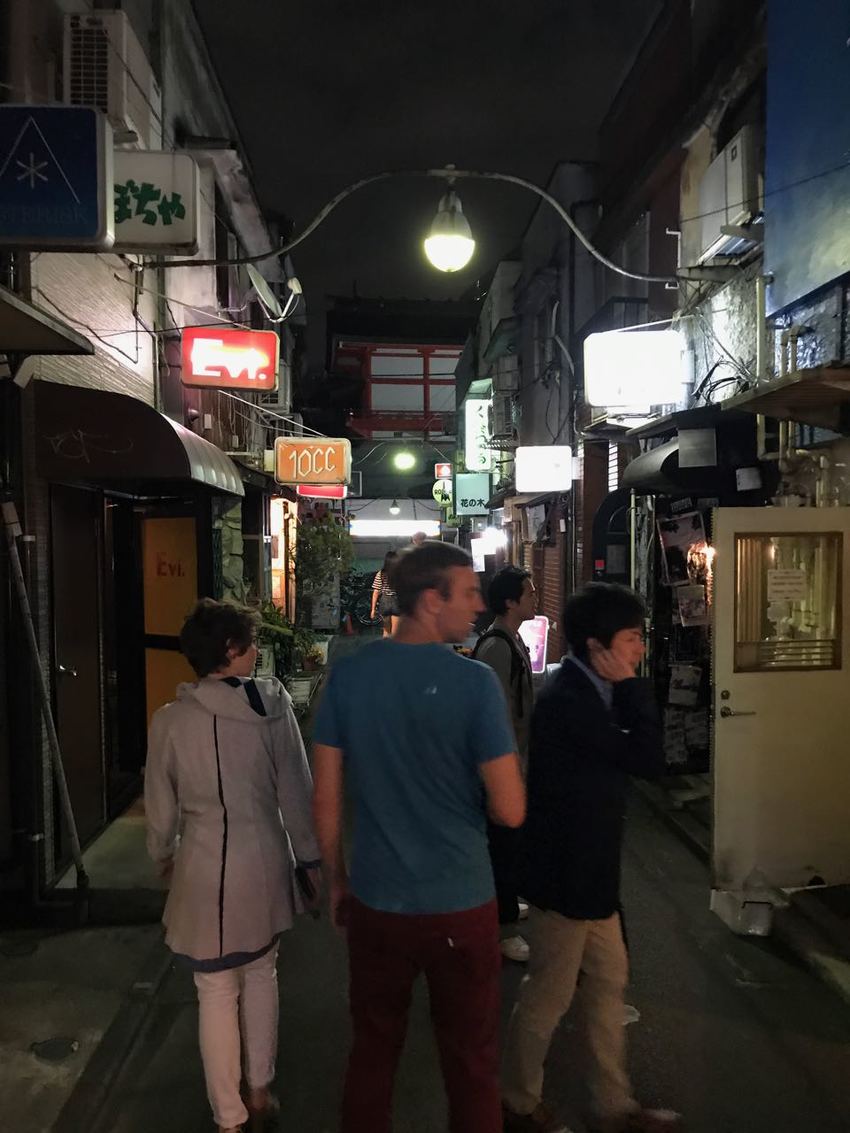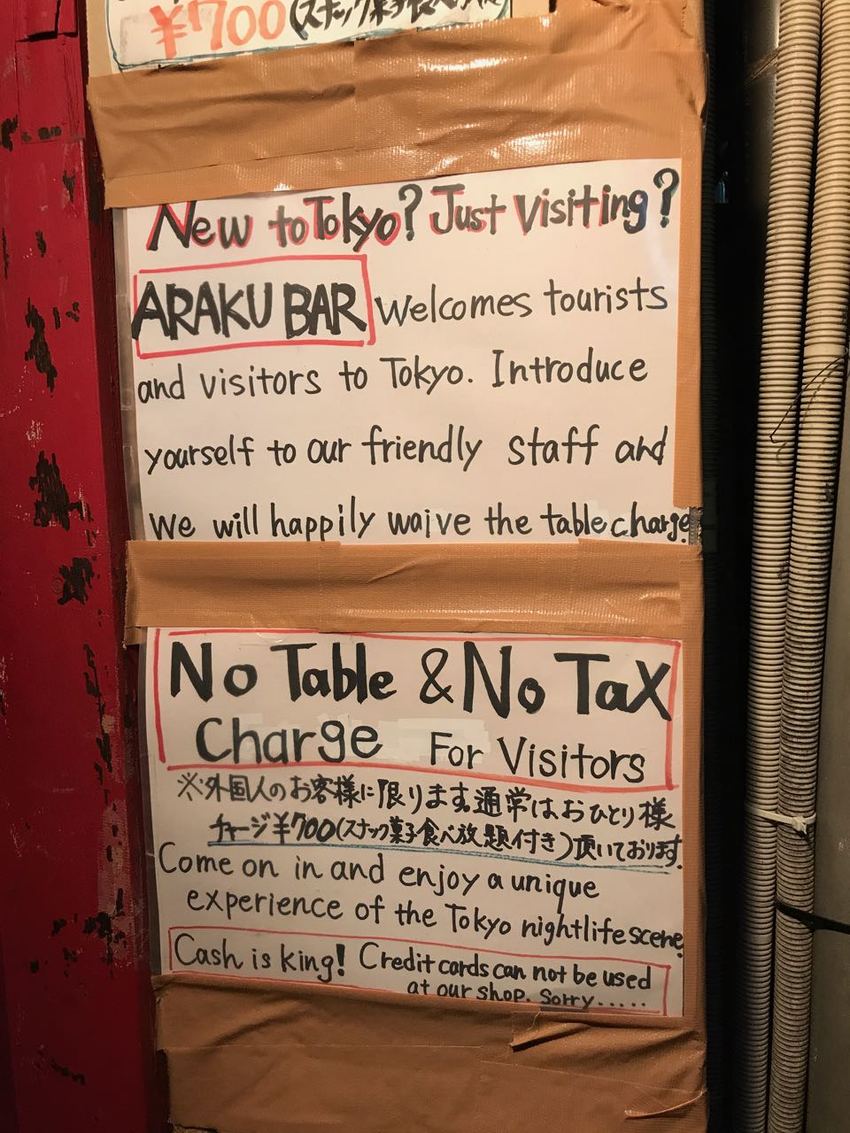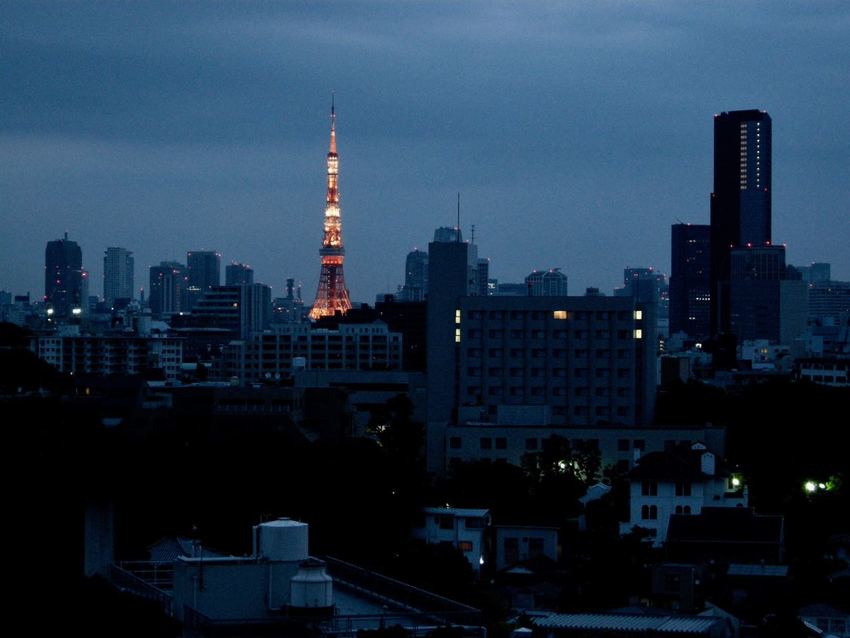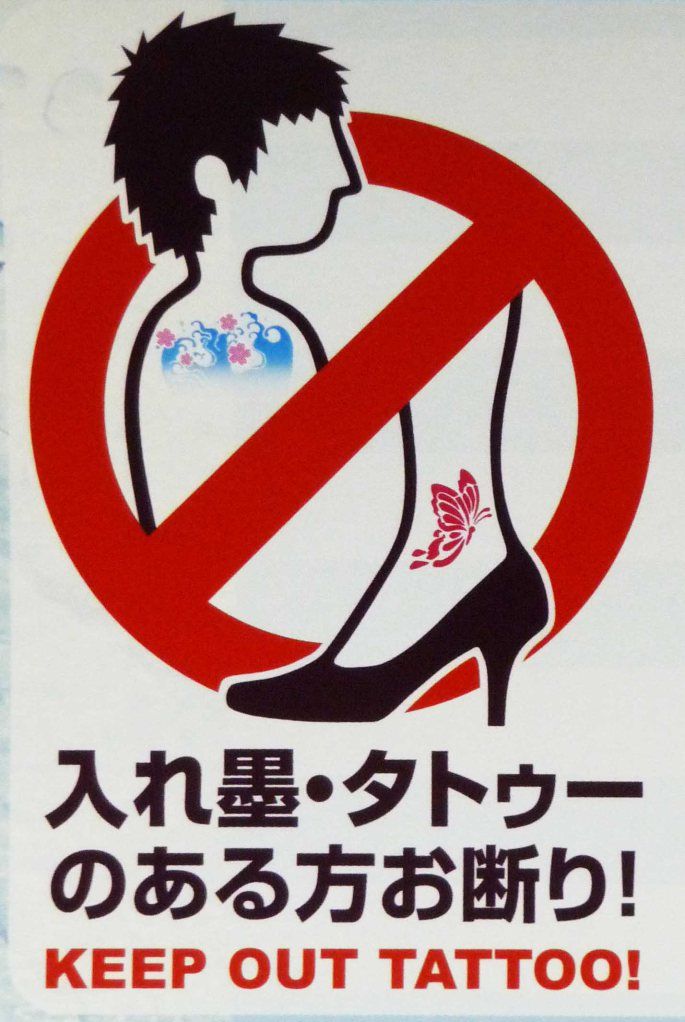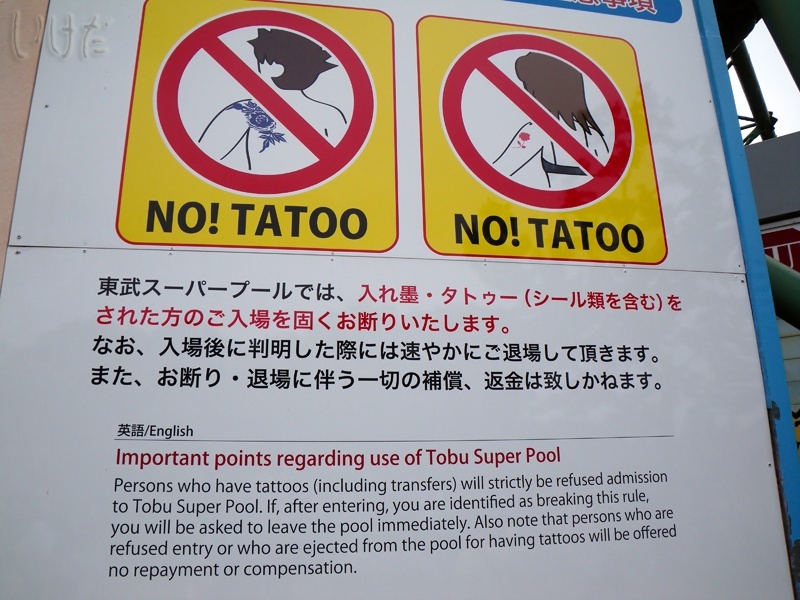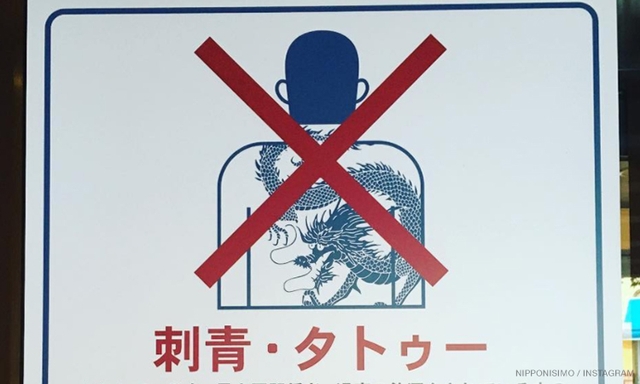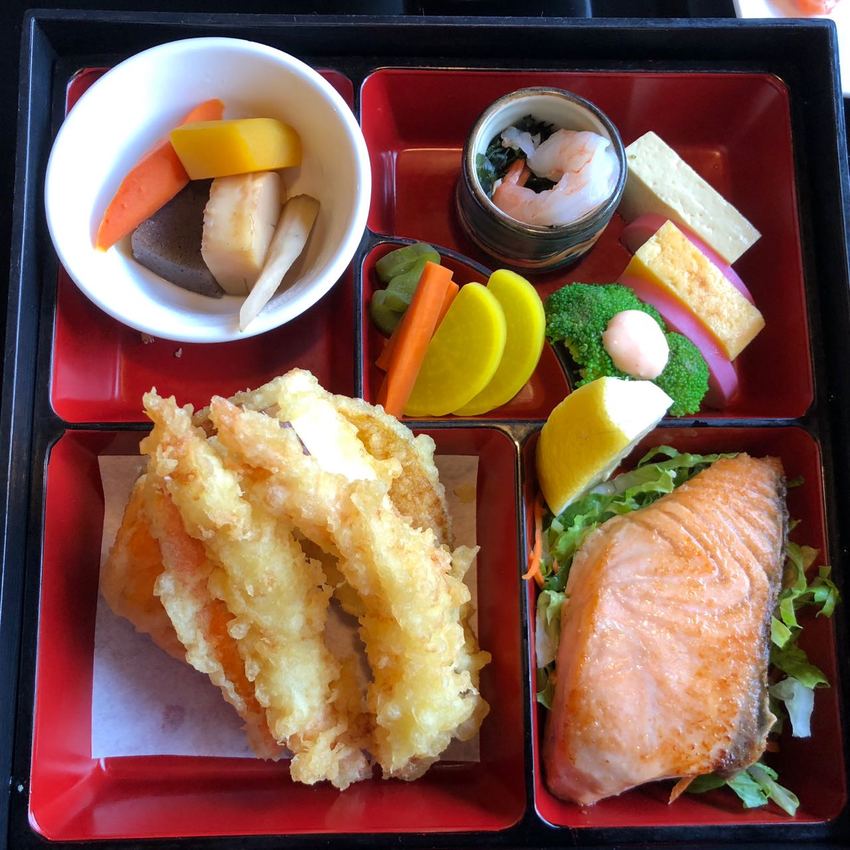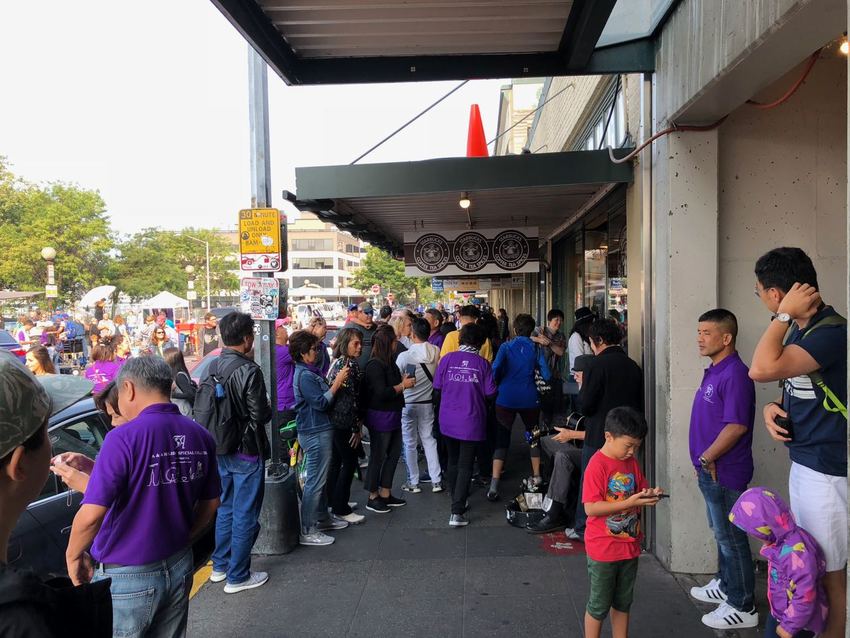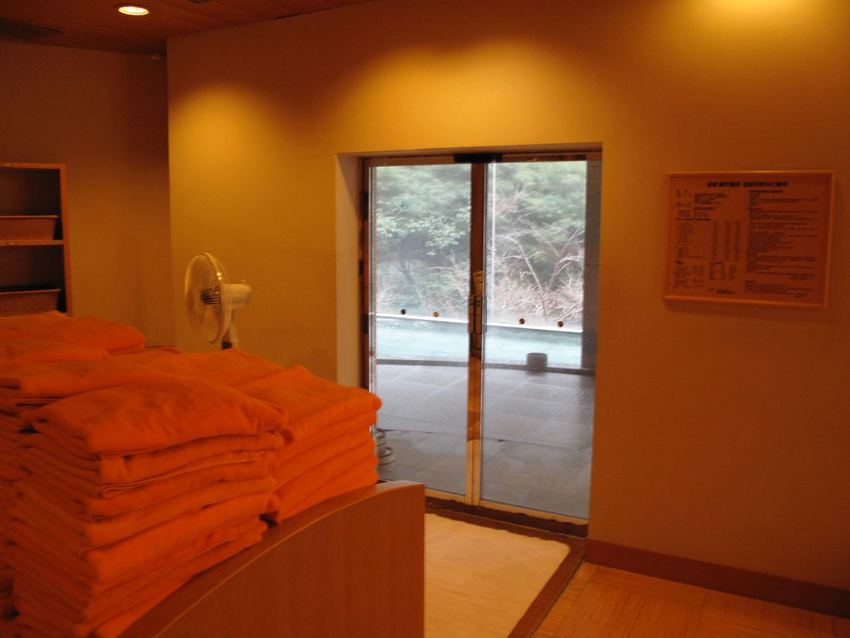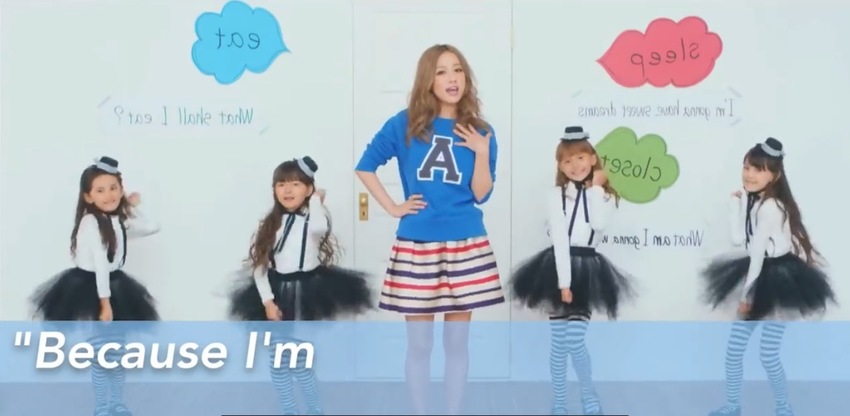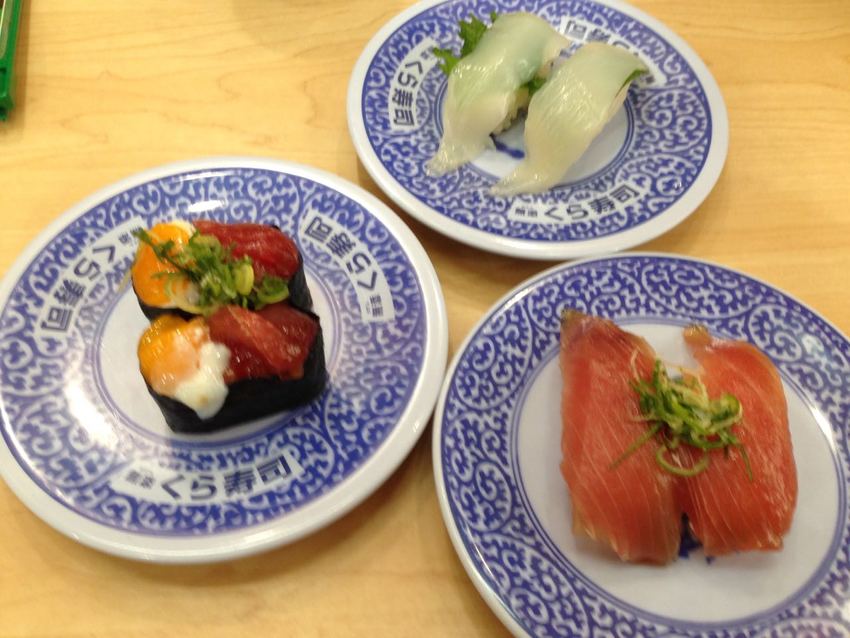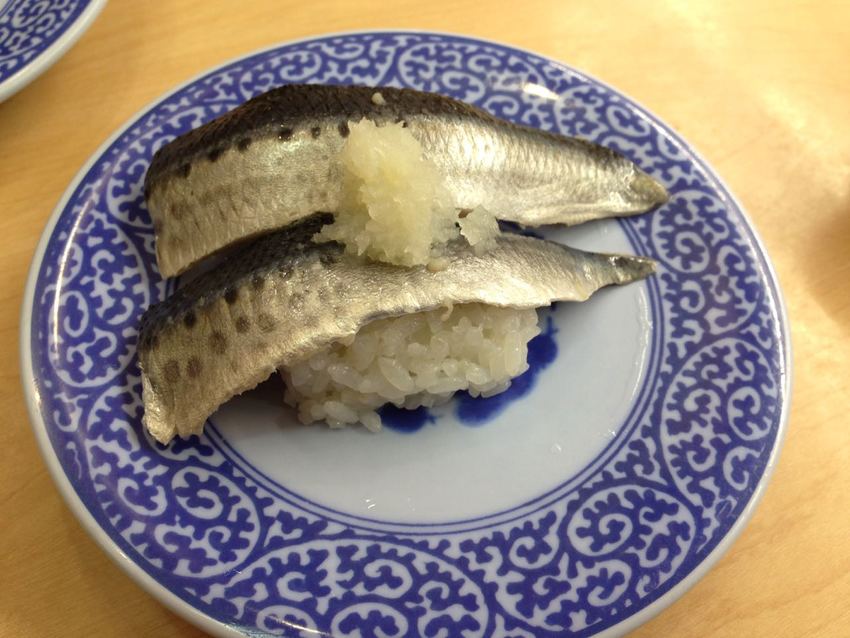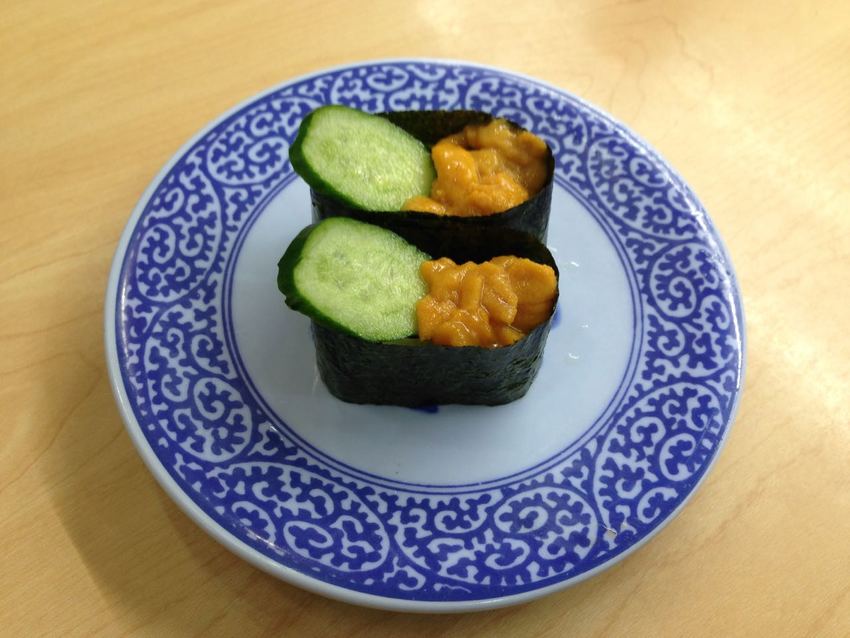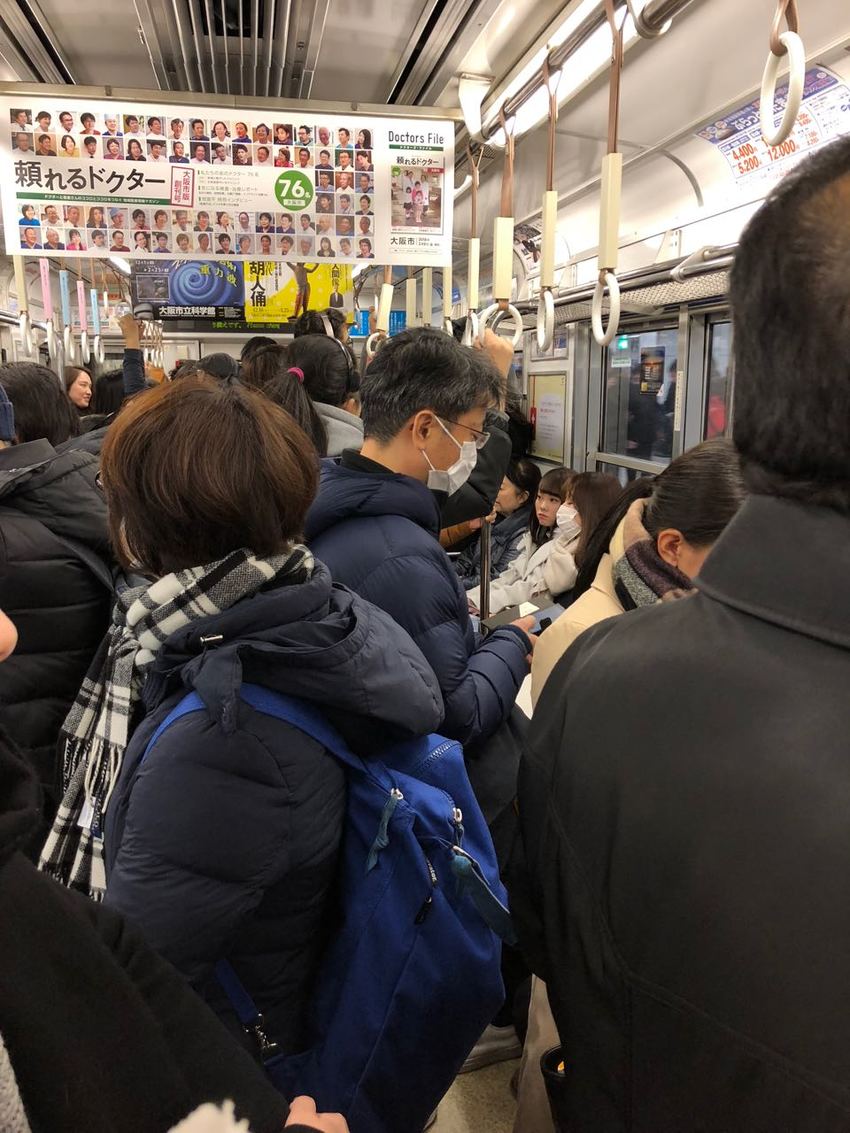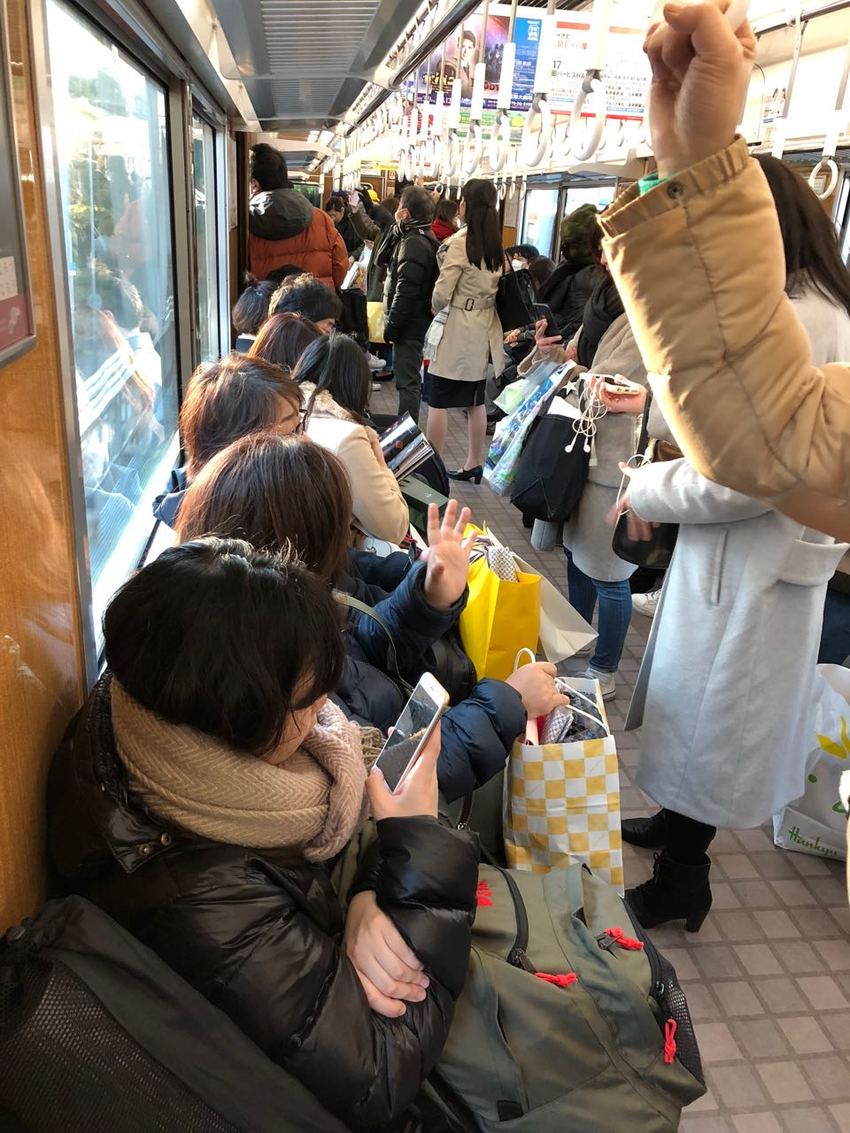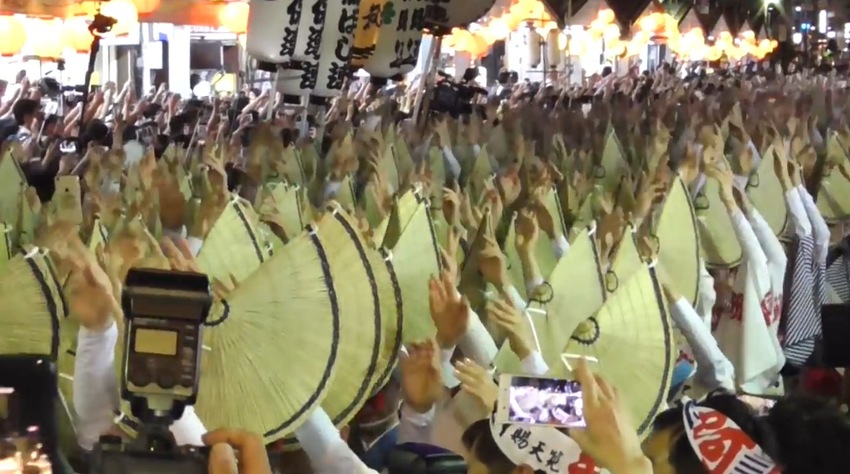Aug
24,
2018
Shinjuku Golden Gai
Aug
23,
2018
Night in Tokyo
Aug
22,
2018
No Tattoo
It is not illegal to tell people to leave if they have even a single tattoo in Japan.
Aug
19,
2018
Coffee in Japan
Of cause there is Starbucks ... Do you know any other.
I personally like 100 yen cup of coffee at Seven Eleven.
Aug
18,
2018
温泉 Onsen / Hot Spring
Aug
17,
2018
くら寿司 Kura Sushi
Aug
15,
2018
On A Train
(1) No drinking or eating
(2) No talking on the phone
(3) No sprouting legs when you are sitting
(4) No talking loud
(5) No loud music
(6) No eye contact with other people
(7) No sitting on the priority seats (handicapped, elders, Pregnant woman ...)
×
- If you are a bloguru member, please login.
Login - If you are not a bloguru member, you may request a free account here:
Request Account

